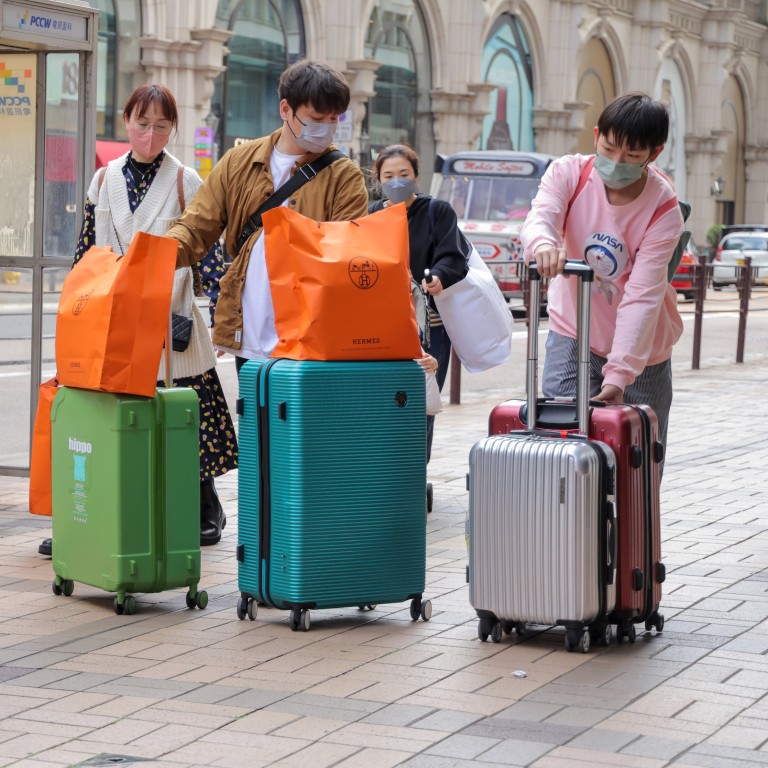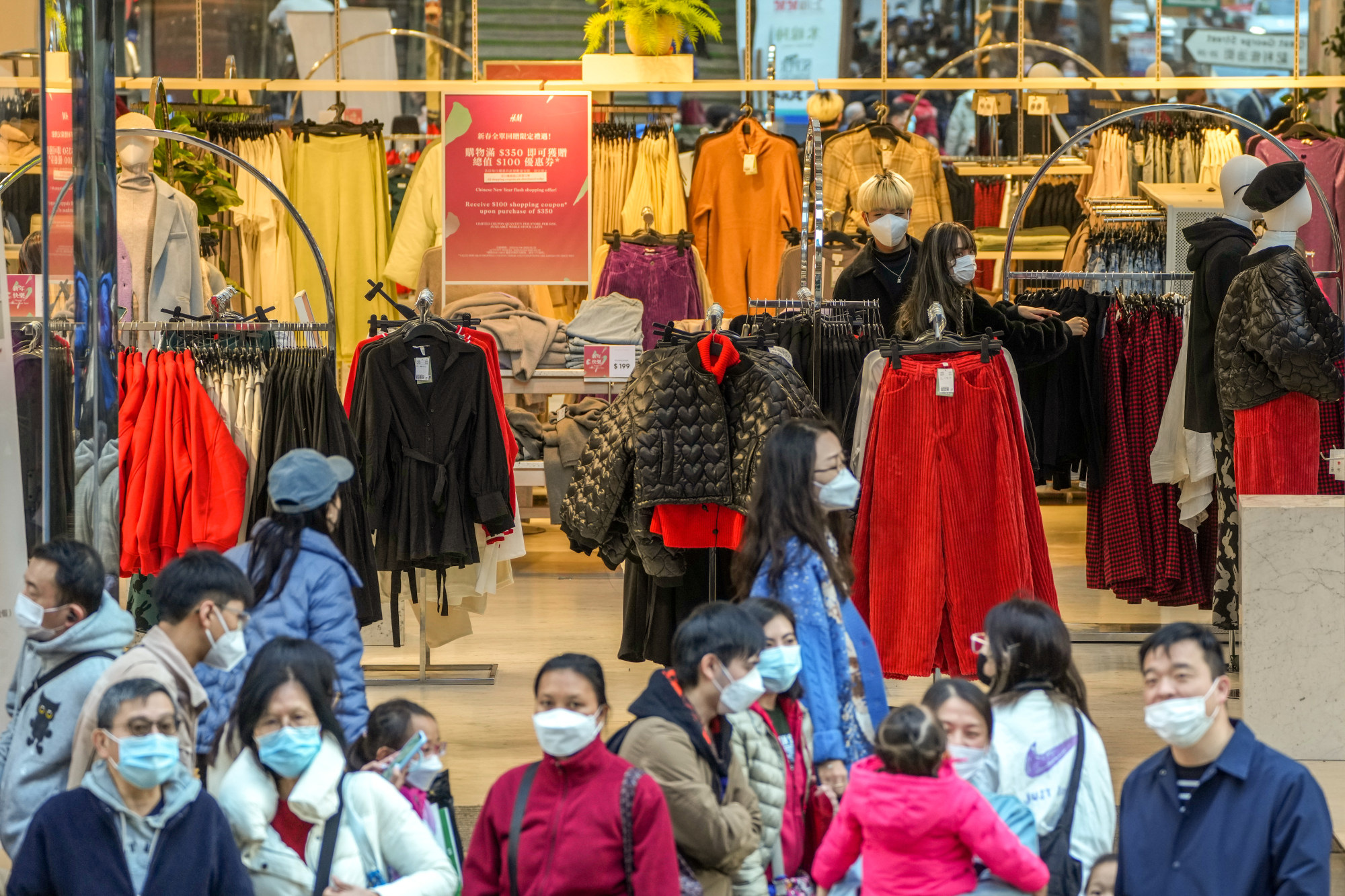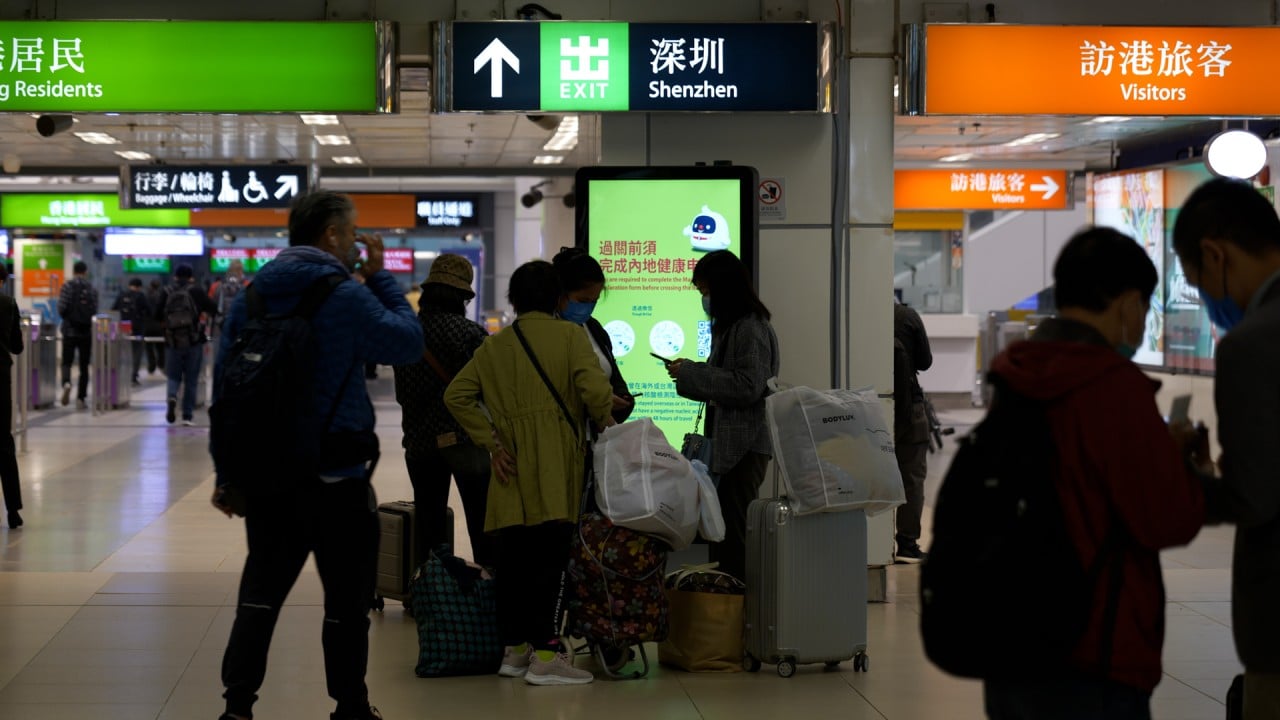
Hong Kong retail rental growth expected to top Asia-Pacific markets on return of mainland Chinese tourists
- Hong Kong is expected to be the best-performing retail rental market in Asia-Pacific this year, according to CBRE
- Retail rents could recover by 5 per cent this year, Morgan Stanley says
Hong Kong’s high-street retailers are likely to see rents rise by as much as 10 per cent this year, surpassing other markets in Asia-Pacific as a surge in mainland Chinese tourists boosts consumption in the city, according to CBRE.
Out of the 19 markets tracked in the study, 10 have been predicted to see rental growth resume this year, while the rest are likely to see rents remain unchanged or lowered.
“We see retail rents recovering by 5 per cent [this year],” investment bank Morgan Stanley wrote in a separate note recently. “We raise our expectation of retail sales growth to be +15 per cent in 2023 and visitation to reach 70 per cent of the 2018 level by December 2023.”
Hong Kong’s retail sector entered the doldrums in mid-2019, when anti-government protests broke out, causing many mainland Chinese travellers to avoid the city. Stringent pandemic restrictions in the past two years put further pressure on the industry, sending retail property rents slumping.

Retail property rents in Hong Kong had declined by 42 per cent since mid-2019, CBRE said late last year. Compared to the peak in 2014, when mainland Chinese demand for luxury products began to wane, rents had retreated by 62 per cent.
During boom times, mainland visitors were a major driver of tourism in Hong Kong. In 2018, Chinese tourists in the city grew 14.8 per cent to 51 million, driving total tourist arrivals to a record 65.1 million, according to government data. Retail sales that year rose 8.8 per cent to HK$485.2 billion.


